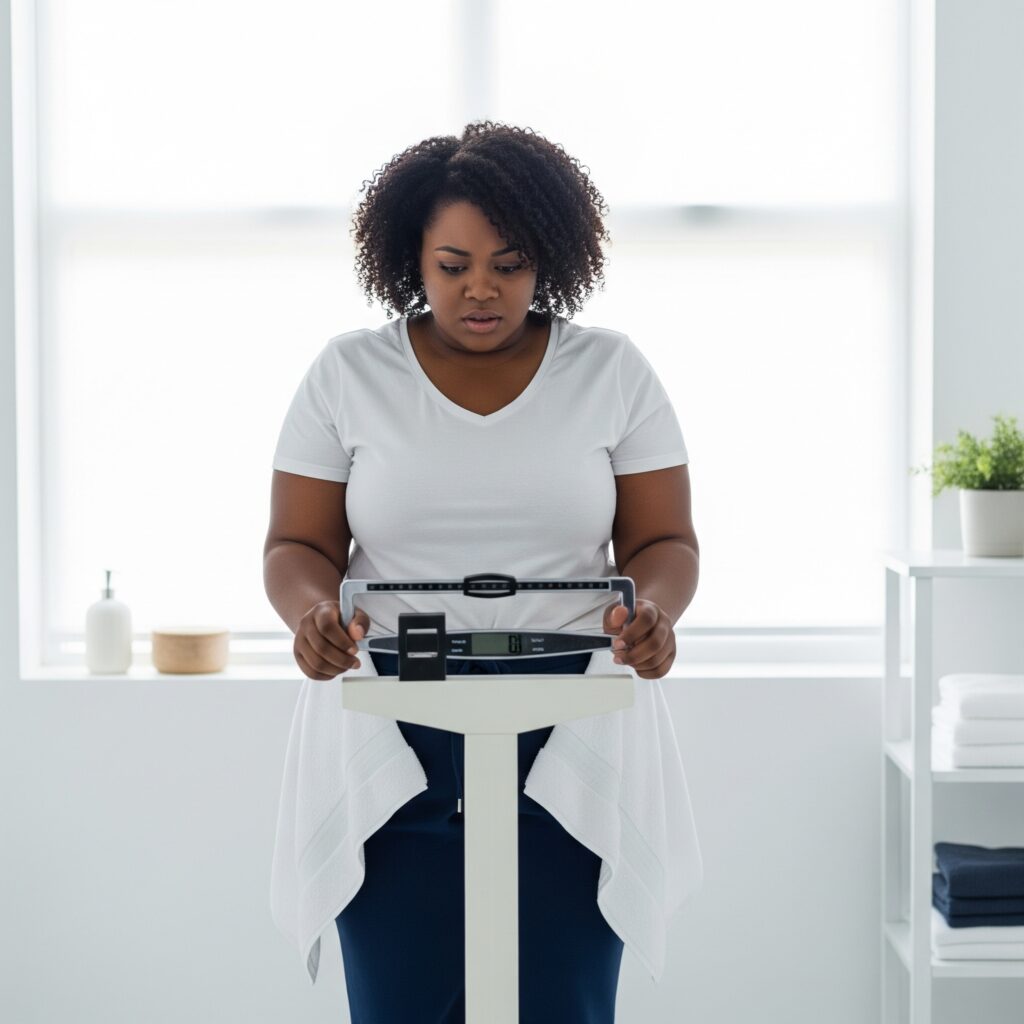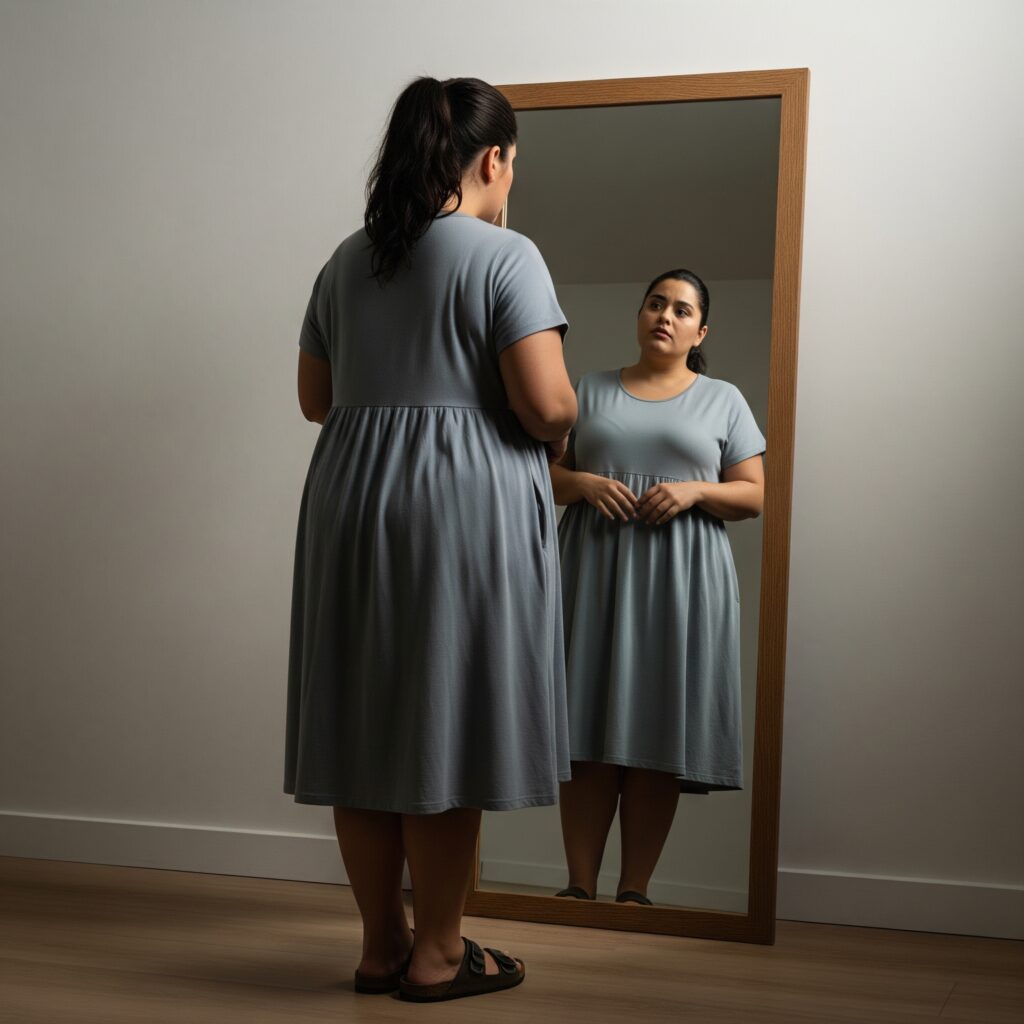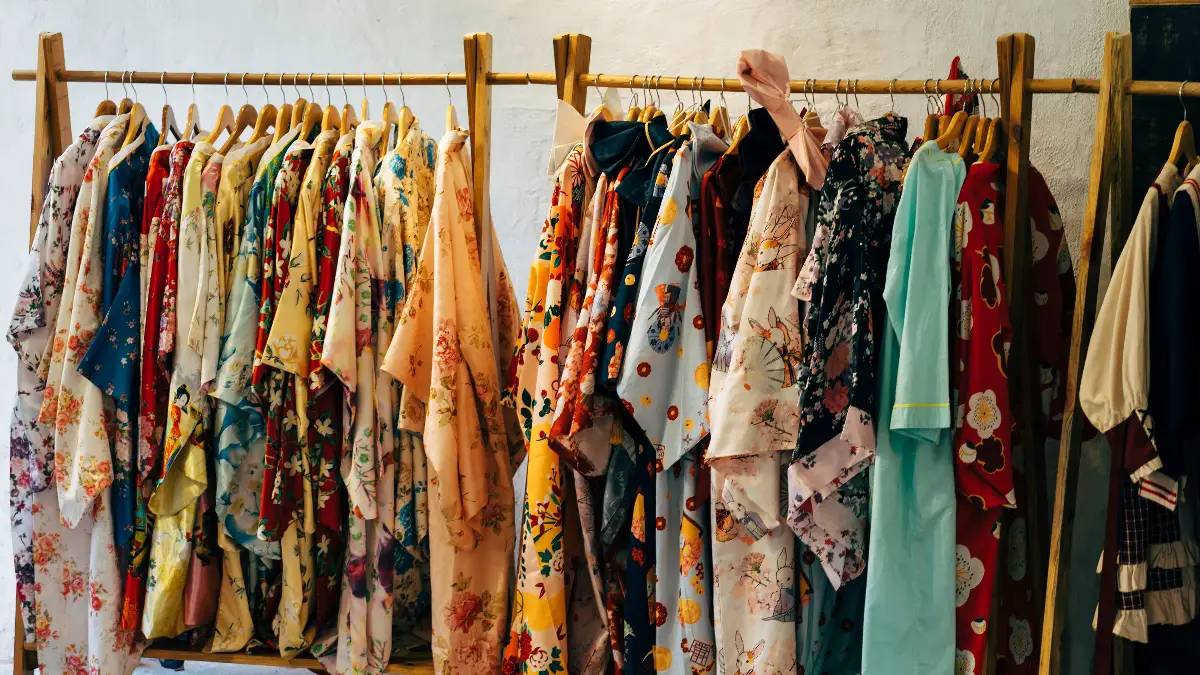A number of years in the past—lengthy earlier than the Ozempic impact started reshaping magnificence norms—we had been lastly beginning to see our bodies like mine on journal covers past simply King Journal and hip-hop music movies. And whereas these platforms had been cultural cornerstones that launched the curvy modeling careers of many Black and Brown ladies, the visibility I’m speaking about got here from a deeper shift—one which the Ozempic impact now threatens to undo.
I’m speaking about plus measurement and curvy ladies being featured in mainstream magnificence campaigns and throughout social feeds—not as “courageous,” however as regular. We weren’t simply being tolerated; we had been being styled, celebrated, and seen.
Then, virtually in a single day, the tide started to show. Skinny is again—however this time, it isn’t tied to crash diets or juice cleanses. It’s injectable, medical, and suspiciously quiet. The Ozempic impact has arrived, and with it, a rising shift away from the body-positive visibility so many people fought for.
Enter: the Ozempic impact, Wegovy, Mounjaro. As soon as recognized primarily as diabetes drugs, these GLP-1 receptor agonists are actually reshaping excess of blood sugar ranges—they’re reshaping our bodies, beliefs, and, quietly, the physique positivity motion itself. I observed the shift amongst the Kardashians, at first, surprisingly. Even with out affirmation that they had been utilizing the remedy for weight reduction, my instincts kicked in—particularly with the sudden buzz round Kim Kardashian’s need to slim down.
Whereas there’s nothing flawed with ladies eager to reshape their our bodies, the growth that launched their careers was lit by the very highlight positioned on their curvy figures. For others, they observed their favourite plus measurement and curvy entertainers and influencers abruptly shrinking in measurement, with no rationalization at occasions. Possibly, they accompany their progress with captions like “feeling like myself once more” or “prioritizing my well being”, which is at all times commendable regardless of who you’re. However different occasions, the silence or imprecise explanations would depart followers to assume that they needed nothing greater than to simply slot in with society’s magnificence requirements.
What Is the Ozempic Impact—and Why Is Everybody Speaking About It?
Ozempic (semaglutide) and its sister drugs like Wegovy and Mounjaro had been initially developed to deal with Kind 2 diabetes. However in recent times, they’ve grow to be the go-to weight-loss answer for everybody from Hollywood A-listers to stay-at-home mothers and TikTok influencers. Based on Trilliant Well being, over 9 million GLP-1 prescriptions had been written within the U.S. in 2023, a quantity that continues to rise.
Social media is a significant driver. Whereas few individuals publicly identify Ozempic outright, the aesthetics inform the story. Even the language round weight reduction has gotten sneakier—“intestine well being,” “balanced hormones,” “excessive efficiency.” However we see it for what it’s: the identical skinny ultimate, now masked in wellness language and digital filters.

The Silent Undoing of Physique Positivity
The physique positivity motion—as soon as radical, messy, and community-driven—is now eerily quiet. What began as a push for numerous physique illustration in trend and wonder has been softened into “physique neutrality” and “confidence at any measurement,” which frequently appears like a well mannered means of claiming, simply don’t discuss it. The dearth of plus measurement ladies throughout media adverts and campaigns can be considerably completely different, which may be tied to many companies pulling again on their DEI efforts. Sure, that affected physique range, too.
However the Ozempic impact wave has made one factor clear: manufacturers are nonetheless uncomfortable with seen fatness. The quiet shrinking of fashions in campaigns, the drop-off in size-inclusive clothes strains, and the fading presence of fats influencers all communicate volumes.
And it’s not simply anecdotal. A 2023 KFF ballot discovered that 1 in 4 U.S. adults say they’d think about using a prescription drug for weight reduction, even when they don’t have a medical want. What does that inform us concerning the stress to adapt, even in a post-body-positive world? Or how manufacturers will hop on a “pattern” only for financial achieve after which return proper again to their authentic viewers targets, particularly if society decides that inclusivity is not cool or related.
The Double Customary in “Wellness”

Let’s get one thing straight: nobody is right here to disgrace somebody for taking a drugs. Our bodies are private, and well being is nuanced. However the way in which we discuss these decisions—particularly when it entails celebrities or influencers—is the place the hazard lies.
Skinny ladies who take Ozempic are applauded for “taking management of their well being.” In the meantime, plus measurement ladies are nonetheless judged for current, no matter what decisions they make. Plus measurement and curvy ladies nonetheless cope with damaging commentary about their gymnasium routines, their outfits, and so forth. If we shed pounds, we’re accused of promoting out to the societal magnificence normal. If we don’t, we’re seen as irresponsible and lazy.
I’ve misplaced weight, and I’ve gained it again—and at each measurement, individuals had one thing to say.
And let’s not overlook that these medication are costly and largely inaccessible for the individuals who may very well want them most. So now we now have a “wellness answer” that’s principally out there to celebrities, influencers, and people with elite healthcare entry, leaving the remainder of us to cope with the fallout.
The Danger: Erasure Disguised as Empowerment
There’s nothing flawed with physique autonomy. However there’s something deeply unsettling about how rapidly the tradition flipped the script once more—how briskly we’re erasing the progress made towards inclusive magnificence within the identify of “clear” or “disciplined” aesthetics.
We’re seeing fewer plus measurement fashions on runways. Measurement ranges that after prolonged to 4X are quietly being pulled again. Even the once-bold advertising round inclusivity is now extra muted, impartial, and, frankly, slimmer.
I’m not in opposition to weight reduction and I by no means will likely be. I’m in opposition to the concept that our our bodies had been solely welcome once they had been trending,” I write. “In case your marketing campaign can’t discover room for a measurement 18 anymore, it was by no means about inclusivity—it was about optics. And in the long term, enterprise monetary targets within the trend and wonder trade will ultimately face the results of unique advertising.
Holding the Line on Inclusive Magnificence
We’re at a pivotal second. The physique positivity motion is being examined—not simply by trade requirements, however by silence. However let this be a reminder: plus measurement ladies constructed platforms, sparked conversations, and helped manufacturers develop. We aren’t a part or a footnote. And we won’t be erased by one other period of aspirational thinness, on this case, the “Ozempic impact”—regardless of how shiny, filtered, or pharmaceutical it seems.
The Ozempic impact is actual. However so is our energy. And we’re nonetheless watching.







:quality(85):upscale()/2025/06/30/905/n/1922564/a12599896862f6f8dd8fa4.77969192_.png)
